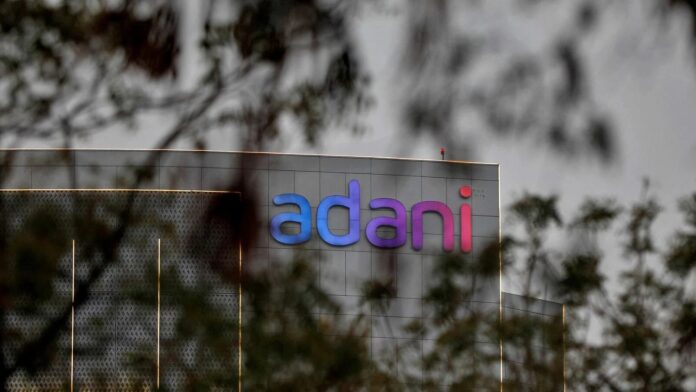Adani Group’s Settlement Approach to SEBI: A Closer Look
In a significant development, the Gautam Adani-led conglomerate has reportedly approached the Securities and Exchange Board of India (SEBI) to seek a settlement regarding allegations of violating public shareholding regulations. This move comes in the wake of a series of notices issued by SEBI to several entities within the Adani Group, including Adani Enterprises, Adani Power, Adani Ports, and Adani Energy, which were accused of misclassifying the shareholding of certain entities.
Background of the Allegations
The allegations against the Adani Group date back to 2020, when SEBI initiated an investigation into the conglomerate’s compliance with minimum public shareholding requirements. The regulator claims that the Adani Group entities wrongfully categorized certain foreign portfolio investors (FPIs) as public shareholders, when in fact, they were closely linked to the Adani family. The total amount sought by SEBI to recover from the group stands at approximately ₹2,500 crore.
Settlement Proposals
According to reports from the Economic Times, key figures within the Adani Group have proposed settlement amounts to address these allegations. Vinay Prakash, the director of Adani Enterprises, and Ameet Desai, a director at Ambuja Cements, have each offered ₹3 lakh as part of their settlement proposals. Additionally, Emerging India Focus Funds (EIFF), a Mauritius-based FPI allegedly linked to Vinod Adani, Gautam Adani’s older half-brother, has proposed a settlement amount of ₹28 lakh.
These proposals were submitted in response to a show-cause notice issued by SEBI on September 27, which targeted around 30 entities associated with the Adani Group. While the group has contested the charges, the settlement applications appear to be a precautionary measure to mitigate potential regulatory repercussions.
The Investigation’s Findings
The investigation conducted by SEBI revealed a complex web of shareholdings involving two FPIs—EIFF and EM Resurgent Fund (EMR)—alongside a foreign investor, Opal Investments. These entities were found to have acquired shares in the four listed Adani companies, ostensibly to create an illusion of compliance with public shareholding norms. However, SEBI’s findings indicated that these holdings should have been classified as part of the promoter group, given their connections to Vinod Adani.
Moreover, the investigation highlighted Vinod Adani’s influence over the FPIs, noting that their voting patterns consistently aligned with the Adani promoters on critical corporate matters, such as approving related-party transactions and reappointing directors.
Broader Implications
The implications of this case extend beyond just regulatory compliance. The Adani Group has faced scrutiny on multiple fronts, including recent allegations from U.S. authorities accusing the conglomerate of being involved in a bribery scheme worth $265 million to secure power supply contracts in India. These allegations have been vehemently denied by the Adani Group, which has labeled them as "baseless."
As the situation unfolds, SEBI has yet to make a decision on the settlement applications. While at least four entities have filed for settlement, it remains unclear whether all involved Adani entities have opted for this route. The filing for settlement is a standard procedure in response to show-cause notices, as failing to do so within a stipulated timeframe can forfeit the opportunity for settlement.
Conclusion
The Adani Group’s approach to seeking a settlement with SEBI reflects the complexities and challenges faced by one of India’s largest conglomerates. As the regulatory landscape continues to evolve, the outcomes of these proceedings will be closely watched by investors, analysts, and the broader market. The situation underscores the importance of transparency and compliance in corporate governance, particularly for entities of such scale and influence. As developments unfold, stakeholders will be keen to see how the Adani Group navigates these turbulent waters and what implications this may have for its future operations and reputation.

